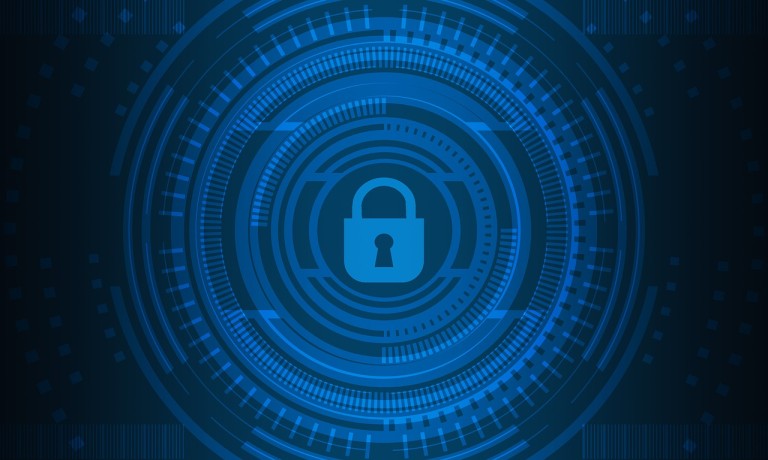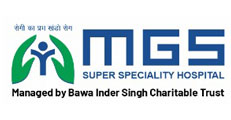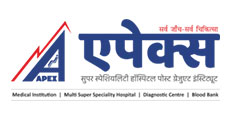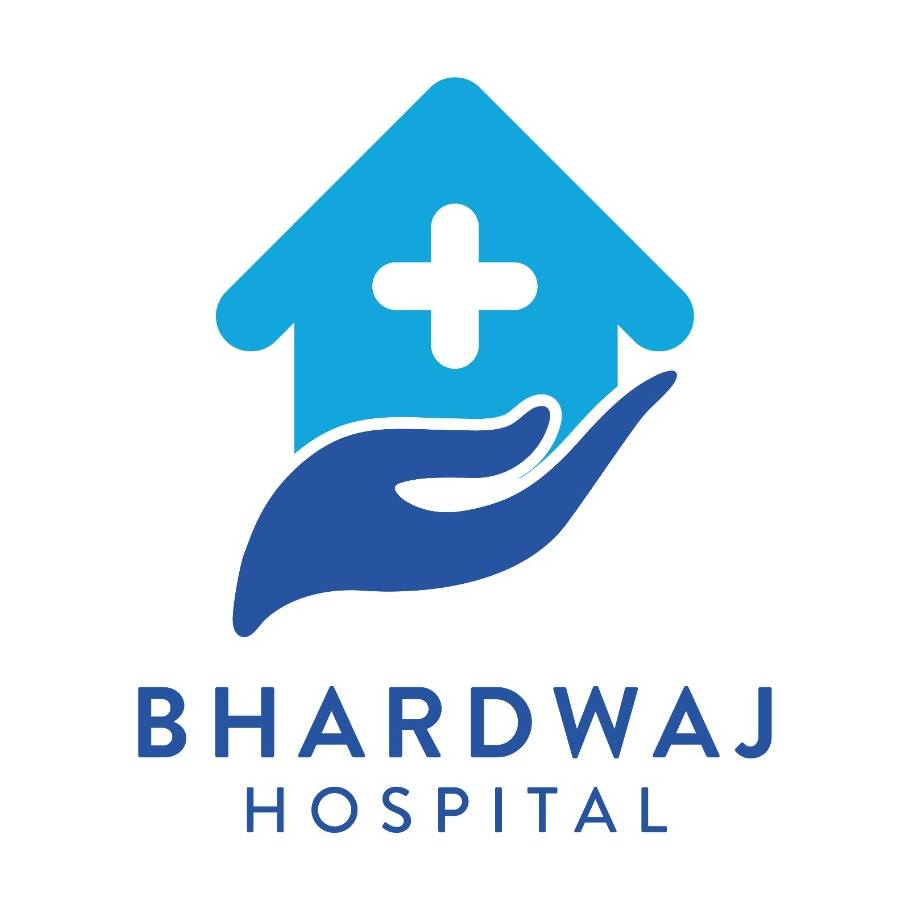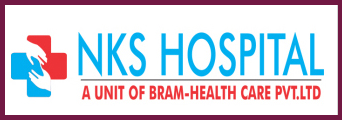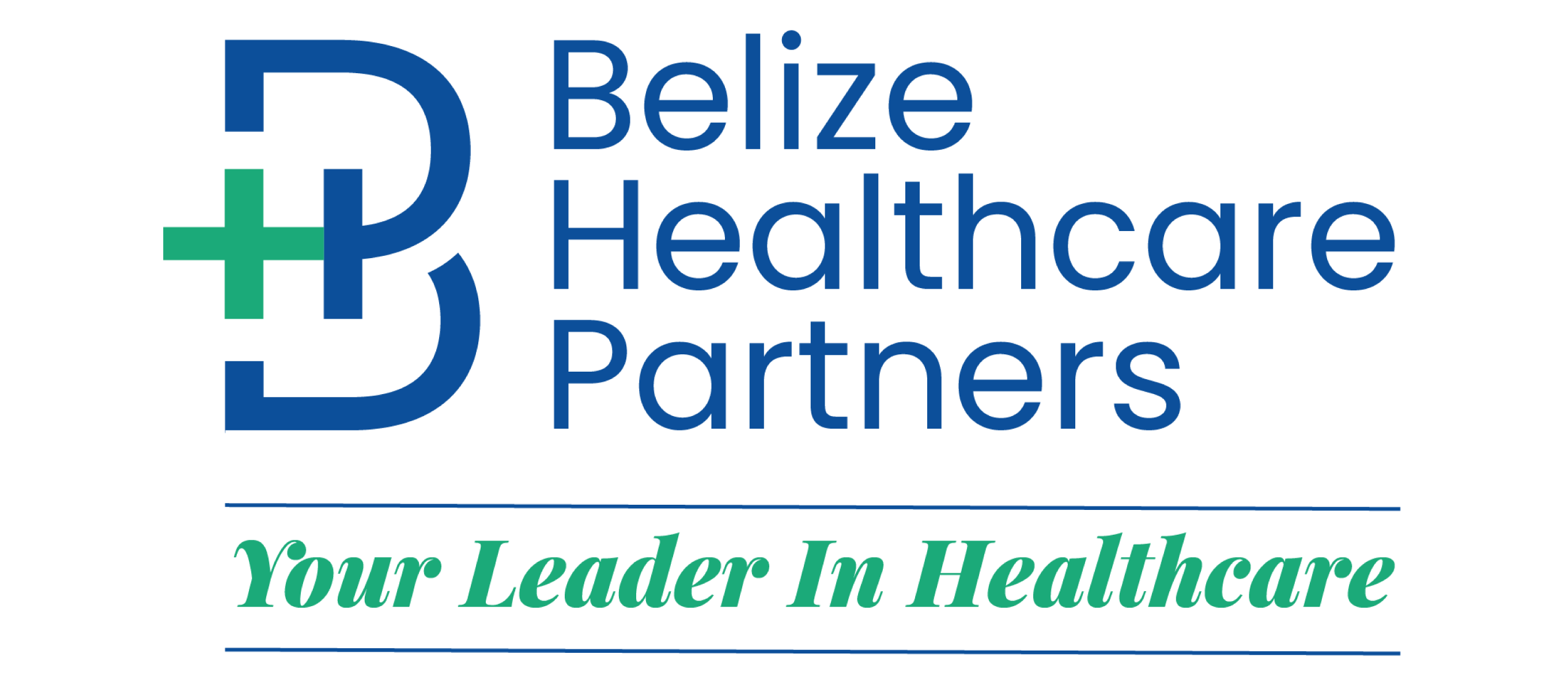Big data is becoming a bigger part of the healthcare industry with each passing year. As of 2020, research indicated that the market for big data in healthcare would be worth just over $78 billion by 2027. This projection was based largely on the rising demand for analytics solutions in the sector.
This is ultimately a good thing for healthcare organizations and patients alike. As we covered in a past examination of major tech challenges in healthcare, some of the biggest concerns revolve around the use of data. The healthcare industry needs to continue to find ways to use information to improve patient care, as well as to manage the digitization of patient records. And so long as we continue to see investment in big data in healthcare, we’ll see progress in these areas.
At the same time however, the gathering and application of more data presents challenges with regard to security. Healthcare data is highly sensitive, and unfortunately the sector has become a popular target among cybercriminals. Just recently (between 2020 and 2021), the CyberPeace Institute conducted studies on cyberattacks in healthcare, looking at 235 attacks across 33 countries. And within just that limited sample (“a mere fraction” of the full scale of such attacks, as they put it), over 10 million records were stolen. These included social security numbers, patient records and test results, financial data, and more.
It’s largely because of risks like this that large and small organizations alike (in healthcare and otherwise) are already placing greater emphasis on information security. This is a process beginning in related fields of education: Today’s studies in management information systems include practical experience in analytics and network security, which in turn prepares future administrative professionals to deal in data security. This trend has given most hospitals and other healthcare facilities greater opportunities to fill internal roles for information security analysis, equipping themselves to avoid and address threats.
Even with these data security-related changes in administrative staffing though, there are practical steps that hospital and healthcare management systems can take to protect data:
Educate Staff
The first step is for those in information management and/or cybersecurity roles to educate additional staff on best practices. Anyone in a hospital or healthcare facility who may handle data –– be it financial, patient-related, or internal –– needs to understand the risks, as well as everyday practices that can help to mitigate those risks. Furthermore, this education needs to be periodically updated to coincide with any software updates, changing policies, or even data breaches that may alter practices.
Encrypt Data
While some associate encryption with HIPAA regulations and assume that it’s mandatory, the truth of the matter is that the encryption of healthcare data is not required. It is strongly recommended, however. Encryption in healthcare essentially comes down to the safeguarding of ePHI (or “electronically protected health information”). It can be done through any number of software tools and applications, but the idea is to convert any healthcare information being transferred into code that is unreadable until it is decoded at the recipient’s device.
Implement Data Access Controls
It is also vital for hospitals and healthcare organizations to implement data access controls. These are internal rules and standards dictating which employees have access to what data. Essentially, they help to establish that everyone working for a given facility only has access to what they need in order to do their jobs. Additionally, organizations should swiftly remove access for any former employees who have moved on. Altogether, these measures reduce the risk of improper handling of data, and cut back on opportunities for breaches (both inadvertent and malicious).
Secure The Cloud
Lastly, hospitals should also strive to secure any cloud practices they may be using to manage data. Surveys have indicated widespread and decisive preferences in healthcare for moving operations to the cloud. This can improve efficiency and flexibility, but it also requires various cloud security measures. Most importantly, these include signing a BAA (business associate agreement) with your CSP (cloud service provider), establishing that they are responsible for protecting patient data. But you’ll also want to ensure visibility of who is accessing data on the cloud, and control access (in much the same way as you’ll implement data access controls in general).
Through these measures, any healthcare or hospital management team can improve data security. Big data will continue to play a bigger and more important role in healthcare moving forward, but security needs to be part of the equation.




